Design PhD 2021 Summer School
23 – 29 June 2021
MORE-THAN-HUMAN FUTURES
Reframing design knowledge provotyping for human-non-human ecologies
The Summer School
Today’s social, political and environmental emergencies require specific efforts in terms of thinking/acting in designing practices to produce knowledge. The Summer School wants to explore what might be defined as human-non-human ecologies as relational agencies that shape transformed ways of living creating a renewed sense of a shared world and new modes of knowledge production. The pandemic has struck our usual way to think (about) the future and this may be an occasion to better understand the huge potential of design anticipation and speculative futures as a methodological tool to convey concepts and information in reframing design knowledge boundaries.
In particular, the school will be a theoretical and pragmatic occasion to “provotype” futures. First depicted by Preben Mogensen (1992) in his essay “Towards a provotyping approach in systems development”, provotyping consists in the action of provoking by actually trying out the situations in which the problem emerges, or better “provoking through concrete experience”. The technique has been borrowed from several fields of application, from user studies (Boer, 2011) to Foresight (Pistorius, 2012), and more recently also by design professionals (Kerspersen @design frictions).
Open Lectures: Keynotes and DESIS Philosophy Talk
The Keynotes and DESIS Philosophy Talk of the Summer School are open lectures given by international speakers. If you are not attending the course as a participant, you can attend the open lectures signing up for a Free Ticket via Eventbrite.
The school will be an inquiry based on Research through Design (RtD) and especially on the speculative and critical practices which could explore future transformations through the lenses of theory and practice, given also the contributions coming from other disciplines. In particular, the aim is to discuss new ideas of design research that move away from an exclusive, positivist vision that tends to assimilate it stricto sensu to a conventional scientific approach.
The School proposes an exploration of new epistemologies and praxis as inspirational methodological opportunities to develop an innovative RtD inquiry. In fact, it aims to explore the potentialities of an inquiry which could be meaningful for an inclusive design practice which can produce original, tacit/explicit, future-oriented knowledge in complex forms, languages, assemblages that are not exclusively textual. Therefore, the School embraces the (digital and collaborative) studio format within the doctoral didactic path and it wants to sustain doctoral students’ capabilities in applying their competencies and expertise (and the research tools typical of their disciplinary context) to foster the investigation of how the provotyped futures might cross their own research theme and process considered as an assemblage of epistemological, experimental and cognitive models and a codification of non-textual knowledge and practices (defining their accountability and comparability with other disciplinary approaches characterized by Research through Design processes).
The School includes stimulating lectures and (digital) collaborative activities where students, organized in small groups, will have the opportunity to integrate, through a peer-to-peer exploration and discussion, the insight provided by the Keynotes and Guest Speakers and a collective + individual exercise.
The Summer School is further enriching the collaboration beetween a network of 6 PhD programmes in Design, spanning Northern and Southern Europe and the USA, and currently collaborating within the “DoCS4Design – Doctoral Courses System for Design” research project, co-funded by the Erasmus+ programme of the European Union.
Also, the 2021 edition will host a collaboration with “FUEL4Design – Future Education and Literacy for Designers” research project, co-funded by the Erasmus+ programme of the European Union and the School will open with the Keynote Event “DESIS Philosophy Talk #7.3 The Politics of Nature: Designing as Speculative Ethics”. The DESIS Philosophy Talks are an initiative of Ezio Manzini & Virginia Tassinari of the DESIS Network – Design for social innovation and sustainability, aiming to nurture the dialogue between design & philosophy and between practice & theory.
The Summer School proposes a virtual classroom educational approach aiming to enable open knowledge dynamics, through practices of peer-to-peer exchange and sharing. Part of the goal is to rethink the educator’s role, which should not be intended anymore as a “master” (in the classical sense), but rather as a “mentor”, a guide into the intricate art of heuristics. This approach is particularly relevant today, as the quantity of knowledge exceeds the individual capability of mastering it and therefore a critical attitude becomes a necessary tool to address complexity.
CRITICAL FEEDBACK
Expressing opinions and comments which can generate a useful debate
CRITICAL CONTEXT
Give background to critics and questions, starting by specific sectors or disciplines
BRING REAL FACTS TO THE DISCUSSION
Facts matter and they can give depth and context to research questions, providing a foundation for intervention
PARTICIPANTS
Participants are doctoral students from the PhD programme in Design of the Politecnico di Milano and invited students from the following institutions:
-
- Doctoral Programme of Aalto School of Art, Design and Architecture | Aalto University, Helsinki – Finland
- PhD in Transition Design, School of Design | Carnegie Mellon, Pittsburgh – USA
- PhD in Design, Institute of Design | IIT Illinois Institute of Technology, Chicago – USA
- PhD in Design Engineering, Dyson School of Design Engineering | Imperial College, London – UK
- TU Delft Graduate School, Faculty of Industrial Design Engineering | TU Delft, Delft – The Netherlands
LOCATION
The Summer School will be delivered online on Teams Digital Platform.
DESIS Philosophy Talk #7.3
The Politics of Nature: Designing scenarios of multi-species collaborative survivals
June 23rd, 4:15 - 6:15pm
Curated by Virginia Tassinari, Research Fellow, Department of Design – Politecnico di Milano (Italy)
With the support of Francesco Vergani and Vanessa Monna, PhD candidates, Department of Design – Politecnico di Milano (Italy)
Contributors:
- Alder Keleman Saxena, Feral Atlas
- Laura Forlano, Associate Professor of Design, Institute of Design – Illinois Institute of Technology, Chicago (USA)
- Daniela K. Rosner, Visiting Scholar at Humboldt University (Berlin, Germany), Associate Professor of Human Centered Design and Engineering at the University of Washington (USA)
- Gabrielle Benabdallah, Teaching Associate of Human Centered Design and Engineering at the University of Washington (USA)
- Delfina Fantini von Ditmar, Design Researcher and Lecturer at the Royal College of Art (London, UK)
The DESIS Philosophy Talks are an initiative of Ezio Manzini & Virginia Tassinari of the DESIS Network – Design for social innovation and sustainability, aiming to nurture the dialogue between design & philosophy and between practice & theory. This is the third talk of the last series dedicated to the topic of post-anthropocentric design and will bring in conversation the Politecnico PhD programme in Design with leading contemporary philosopher, anthropologists and design researchers.
Concept: Many designers are currently experimenting and “provotyping” more-than-human futures, provoking new questions and debates, pointing to less anthropocentric ways of thinking, acting and constructing together a common world of multi-species coexistence. More-than-human futures are currently playing a key role for designing to step out of an anthropocentric and patriarchal way of thinking, and envisioning new ways to intend the political agency of design beyond an anthropocentric mindset. But designing is not the only discourse reflecting on more-than-human futures. In this DESIS Philosophy Talk, we will have a glance at how anthropology is currently reflecting on those issues, and bring into dialogue the experiences of design researchers working on more-than-human futures and building a discourse around their potential value and meaning, together with the experience of Alder Keleman Saxena, who within the Feral Atlas Project, (together with Anna Tsing, Jennifer Deger and Feifei Zhou) is currently working at questioning and exploring diverse ways of envisioning multi-species coexistence. During this informal conversation, we address concepts playing a key role in the Feral Atlas such as Anthropocene, patchiness, infrastructures, situated knowledge and feral, and explore their potential for designing more-than-human futures.
Programme:
Keynote speakers
Meet the keynote speakers of the course
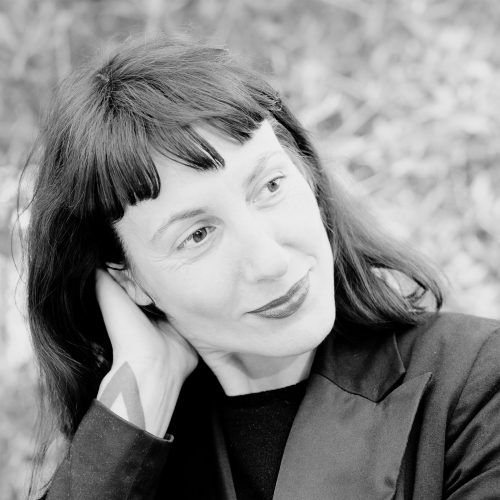

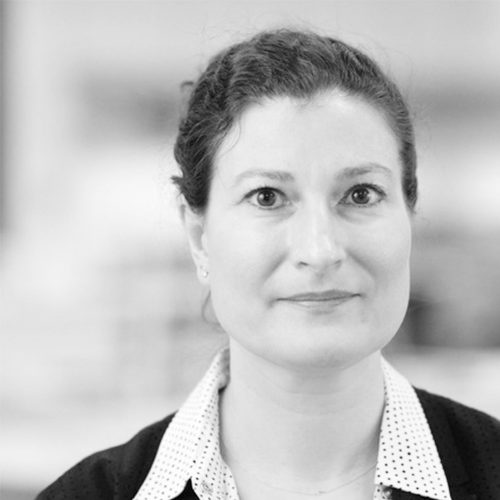



Contributors











tactics to tackle future challenges. He holds an MSc in Design from Brunel University London, specializing in Human-Centered Design. He is currently appointed as a PhD candidate and Research Fellow in Design at Politecnico di Milano.

Faculty
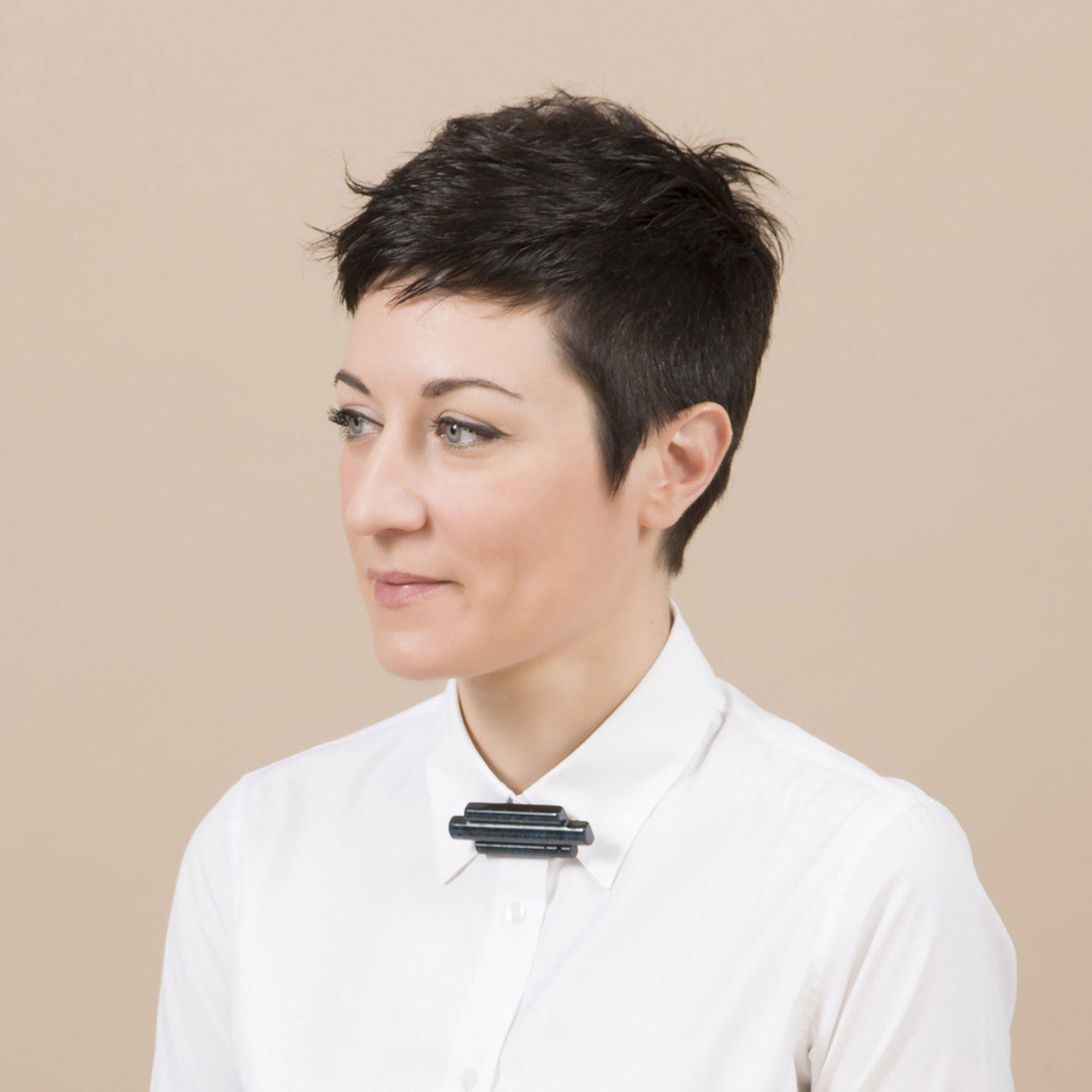
Chiara Colombi, PhD
Associate Professor,
Department of Design,
Politecnico di Milano
Her research interests concern knowledge creation processes, codification of meta-design research praxis and development of merchandising systems in “culture intensive” industries, with a specific focus on the fashion sector.
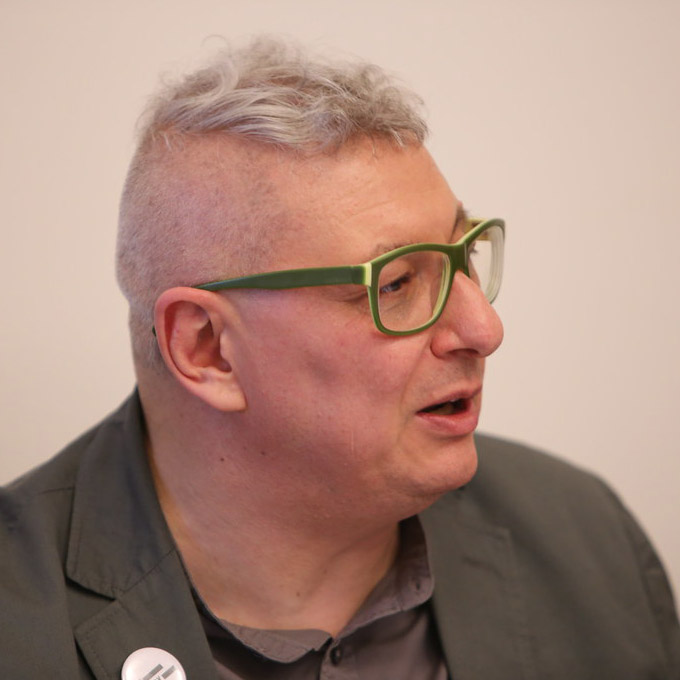
Stefano Maffei, PhD
Full Professor,
Department of Design,
Politecnico di Milano
He teaches Advanced Product-Service System and Production Models and Service Design at the School of Design, Politecnico di Milano. He is the Director of Polifactory the Fab Lab/Maker Space of Politecnico di Milano, of the Service Design Master and of the Service Innovation Academy at POLI.design, Politecnico di Milano. He coordinates international research projects and labs exploring the design for policy thematic area, also in collaboration projects with public bodies and institutions exploring the creation of innovation ecosystems based on openP2P collaboration between designers, makers/makerspaces and SMEs/Craftsmen.
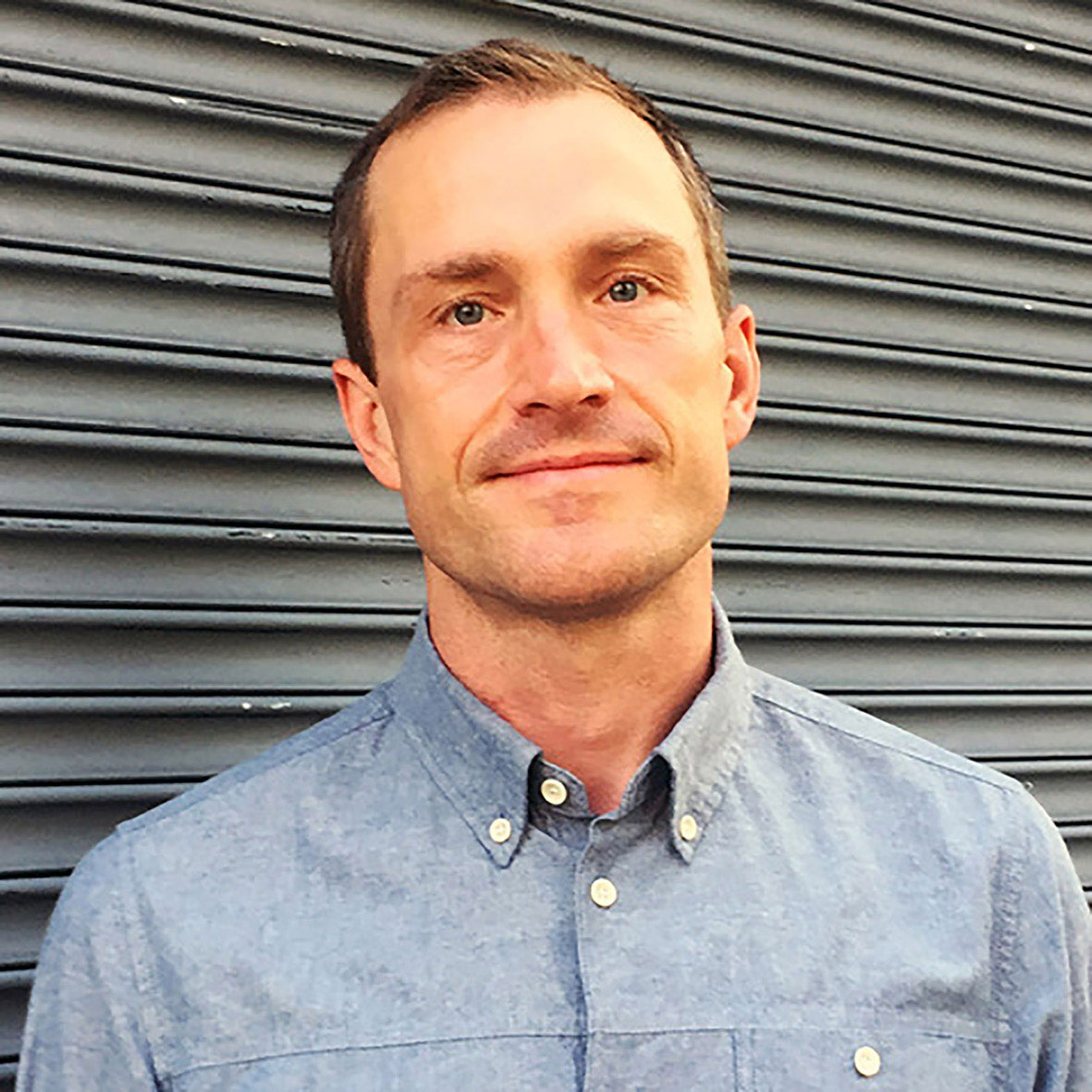
Jonathan Chapman, PhD
Full Professor,
Director of Doctoral Studies,
School of Design, Carnegie Mellon
Chapman is Full Professor & Director of Doctoral Studies at Carnegie Mellon University’s School of Design. His research shapes design paradigms for longer-lasting products and experiences—an approach he calls “emotionally durable design.” He works with global businesses and governments, from Philips and COS, to the House of Lords and the UN—advancing the social and ecological relevance of products, technologies, systems, and policies.

Manuela Celi, PhD
Associate Professor,
Department of Design,
Politecnico di Milano
Her research interests are concentrating on the relationship between design and futures deepening the methodologies of trends, scenarios, advanced design and design fiction. Actually she’s head of research for Polimi in the FUEL4Design Erasmus+ project that aims at developing knowledge, resources and methods to help young designers designing for complex tomorrows.
Programme
Keynotes are open lectures in Teams given by international speakers.
The open lectures and the entire programme are based on the Central European Summer Time (CEST)










